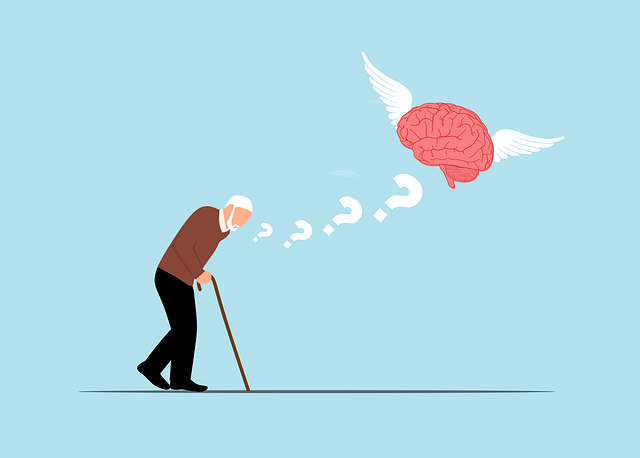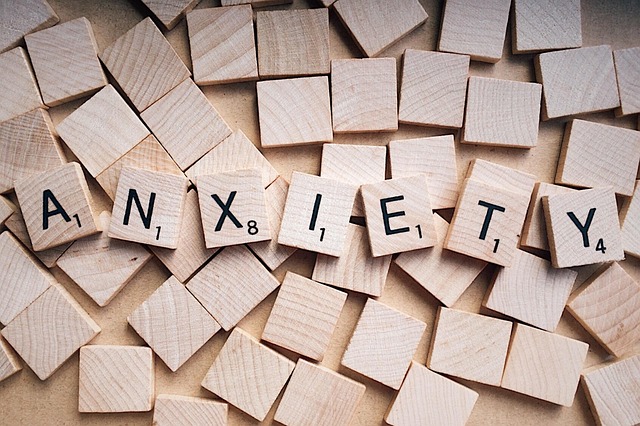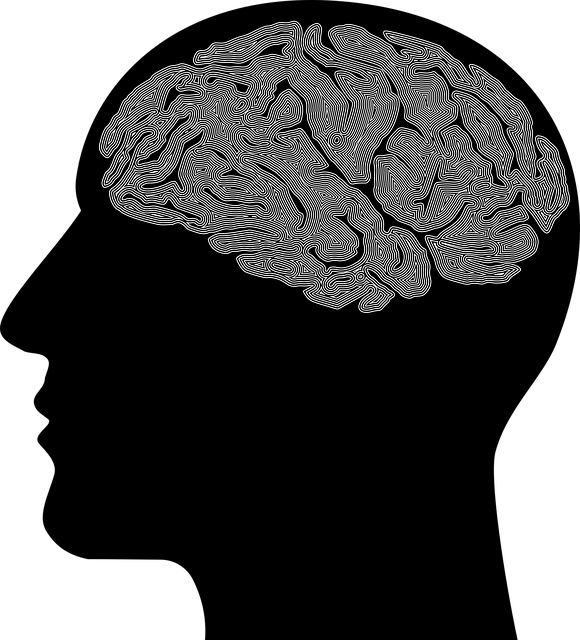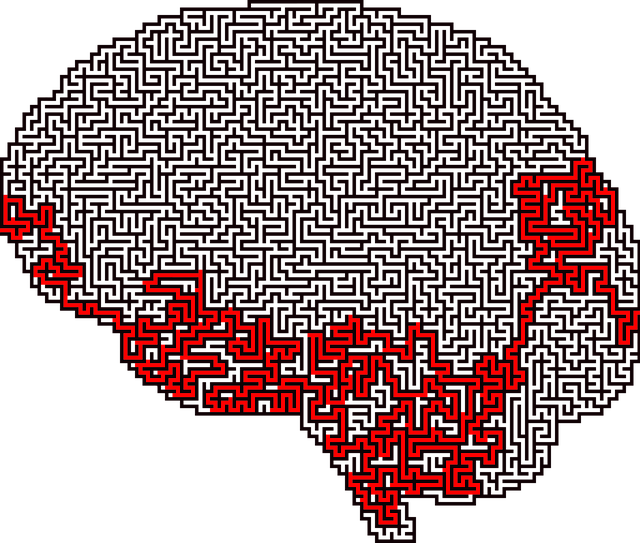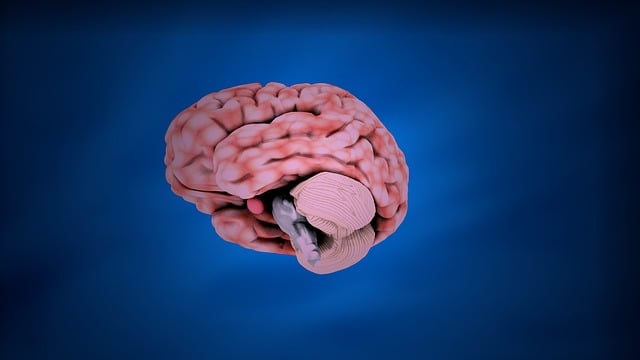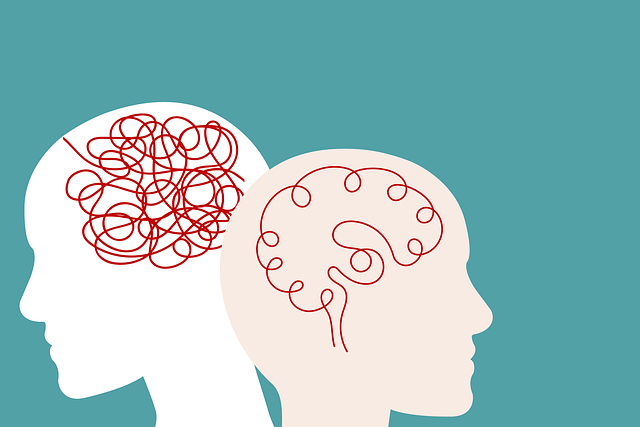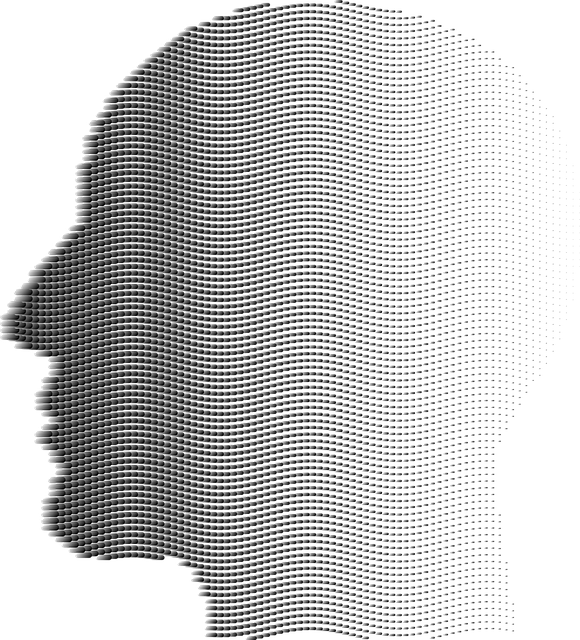The stigma surrounding mental illness severely hinders access to support for LGBTQIA+ and non-binary individuals, exacerbating existing challenges with gender identity. Services like Lone Tree Gender Identity Therapy play a crucial role in reducing this stigma by offering holistic care that includes risk assessment, personalized self-care routines, and exercises promoting self-awareness. Through community engagement, including educational workshops and awareness campaigns, these initiatives foster understanding, empathy, and resilience, encouraging individuals to seek help without fear of judgment, ultimately improving mental well-being.
Mental illness stigma remains a significant barrier, hindering many from seeking essential care. This article explores targeted strategies to reduce this pervasive issue. We delve into ‘Understanding Stigma and its Impact on Mental Health Seekers’, highlighting the devastating effects of societal perceptions. Subsequently, we introduce ‘Lone Tree Gender Identity Therapy’ as a pioneering model demonstrating effective stigma reduction through specialized care. Furthermore, we emphasize the role of ‘Community Engagement and Education’ in fostering supportive environments that encourage mental wellness.
- Understanding Stigma and its Impact on Mental Health Seekers
- Lone Tree Gender Identity Therapy: A Model for Reducing Stigma
- Community Engagement and Education: Building a Supportive Environment
Understanding Stigma and its Impact on Mental Health Seekers

Stigma surrounding mental illness is a significant barrier that many individuals face when seeking help. It often manifests as negative attitudes, beliefs, and stereotypes about those experiencing psychological struggles. This perception can be especially detrimental to vulnerable populations like those identifying as LGBTQIA+ or non-binary, as they may encounter additional challenges related to gender identity and expression. For instance, a person struggling with their gender identity might face both mental health issues and stigma related to their unique identity, making it harder for them to access appropriate Lone Tree Gender Identity Therapy and support services.
The impact of stigma is profound, often deterring individuals from reaching out for crisis intervention guidance or seeking professional help. It can lead to social isolation, increased anxiety, and a reluctance to develop coping skills. Mental illness stigma reduction efforts are crucial in creating an environment where those facing mental health challenges feel understood, accepted, and encouraged to seek treatment without fear of judgment. By challenging these negative perceptions, communities can foster better access to resources, improve support systems, and ultimately enhance the well-being of individuals navigating their mental health journeys.
Lone Tree Gender Identity Therapy: A Model for Reducing Stigma

Lone Tree Gender Identity Therapy stands as a beacon of hope and a model for reducing stigma surrounding mental illness, especially within the LGBTQ+ community. This innovative approach focuses on fostering understanding and acceptance by promoting self-awareness exercises that challenge societal norms and preconceived notions. Through its comprehensive programs, individuals are empowered to embrace their true selves, leading to improved mental health outcomes.
The therapy’s effectiveness lies in its holistic nature, incorporating risk assessment for mental health professionals to ensure safe and supportive environments. By integrating self-care routine development into the treatment plan, clients not only learn to manage their conditions but also cultivate resilience. This dual focus on personal growth and professional guidance breaks down barriers, encouraging open conversations about gender identity and mental well-being, thereby significantly reducing stigma in affected communities.
Community Engagement and Education: Building a Supportive Environment

In reducing the stigma associated with mental illness, community engagement plays a pivotal role. By fostering open dialogues and sharing educational resources, communities can create an environment that supports individuals facing various challenges, including depression prevention, burnout prevention, and coping skills development. Lone Tree Gender Identity Therapy, for instance, has been instrumental in organizing workshops and awareness campaigns that educate the public about gender identity issues, breaking down stereotypes and fostering empathy.
These efforts extend beyond mere information sharing; they involve building connections and cultivating understanding. Through community engagement, individuals struggling with mental health issues can find solace knowing that their neighbors, friends, and colleagues are equipped with knowledge to recognize signs of distress and offer supportive gestures. Such initiatives contribute to a collective mindset that promotes resilience and encourages seeking help without fear of judgment or ostracization.
Mental illness stigma reduction is a multifaceted effort that requires understanding, education, and community engagement. As seen with Lone Tree Gender Identity Therapy, innovative approaches can significantly mitigate societal barriers. By fostering inclusive environments through community outreach and sensitive educational initiatives, we can create a world where individuals feel empowered to seek mental health support without fear of judgment. Together, these efforts promise to enhance well-being for all.
